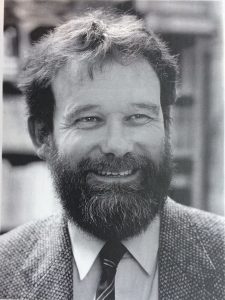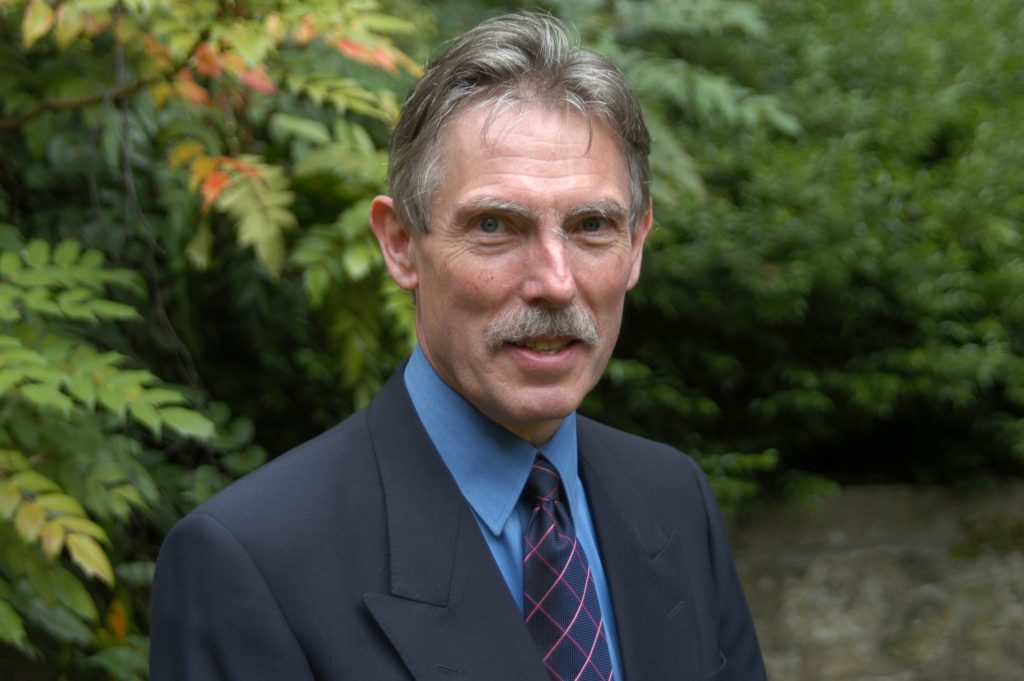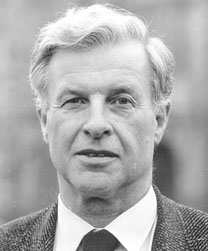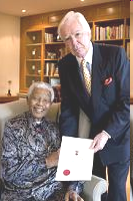Chair of African History
Martin Lynn was born in 1951 in Nigeria. He studied at King’s College London and SOAS. After a stint at the University of Ilorin, he was recruited at Queen’s in 1980. He taught there British and Imperial history and, with time, African and Chinese history. He was the first to teach a course on African history at Queen’s.
His area of academic interest was the economic history of West Africa. His first monograph was Commerce and Economic Change in West Africa: the Palm Oil Trade in the 19th century (Cambridge University Press, 1997). The book was very well received and it established Lynn in the field at once. He published extensively on cognate subjects as well, in the very best journals of his field (Journal of African History, Journal of Imperial and Commonwealth History, African Economic History, etc. – see a full bibliography here). In 2001, he edited two volumes of the famed British Documents on End of Empire Project on Nigeria (Part I: Managing Political Reform. 1943-53, cix 643 pp.; Part II: Moving to Independence. 1953-60).
Martin Lynn was promoted to a professorship in African History in 2002, after more than 20 years in Belfast. He thus became the first chair of African history in Ireland. He remained modest and dedicated to his teaching nonetheless, something he was much appreciated, if not envied for. Prof. Richard Rathbone recently remembered Martin Lynn for his “collegiality, his kindness, his unnecessary modesty, [and] his personal and scholarly integrity”. Professor Martin Lynn passed away unexpectedly in 2005. The second African Studies in Ireland Network colloquium was dedicated to his memory.


